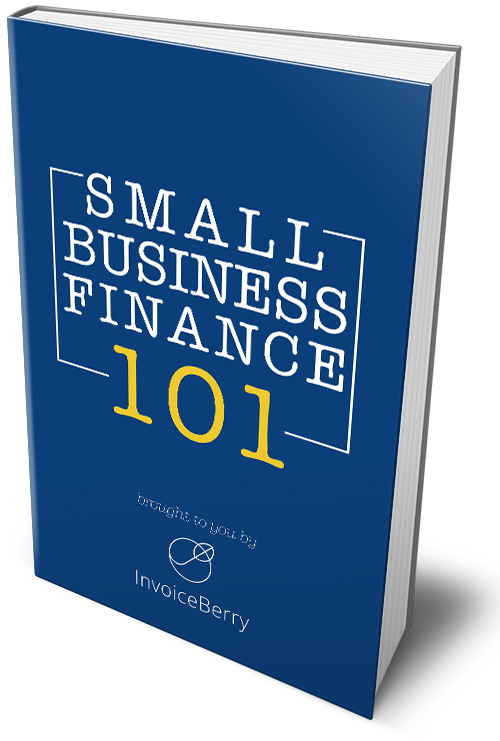Why UK Freelancers Won’t Survive a Brexit
Written by Bernard on June 13, 2016
Freelancing has taken off in the UK in very dramatic ways, hitting 4.63 million (or 15% of the workforce) at the end of 2015. Some studies even predict that 1 out of every 4 working people will be self-employed by 2020.
These are impressive numbers.
Try our online invoicing software for free

Accept online payments with ease
Keep track of who's paid you
Start sending invoices
So it’s understandable that some freelancers in the UK are getting a bit jittery when they hear about Brexit and consider their long term perspectives:
What’s going to happen to my work? Will it be easier or harder if the UK leaves the EU?
These questions are difficult to answer, but they largely depend on another question:
Will the UK be able to negotiate a deal with the EU after Brexit?
If yes, then there are two options for post-Brexit EU negotiations: The European Economic Area (the Norwegian model) or Bilateral Treaties (the Swiss model).

These offer different levels of impact for the UK freelancer.
In the Norwegian model, things will largely remain the same for freelancers, as the four tenets of the EU (free movement of goods, people, capital and services) will remain intact.
If the Swiss model is chosen, then there’ll be barriers to finances and goods and services, although the free movement of people will be the same. In effect, those other three tenets will not survive, so they will be impacted in the same way as if no negotiation had been made.
So let’s look at that possibility.
If There’s No Negotiation…

If there are absolutely no negotiations, the impact on freelancers will be quite severe in many areas, depending on if you’d be working in the UK or in the EU.
Freelancing in the EU
UK freelancers who currently work (and may live) in the EU will be the most impacted, as they will be treated the same as all other non-EU citizens.
First of all, you would need to get a work permit (and possibly a residence permit) in the country where you work.
These permits will involve different levels of difficulty in different countries, but they will all most probably be short term—which means that you’ll have to get them renewed at 6-month or 1-year intervals.
This is not only difficult in terms of the red tape, but also because the red-tape will repeat and expire much too quickly.

While you’re at it, you’ll also need to prove that your business will provide a benefit to the country, which means a lot more complicated paperwork. Then you’ll also need to show that you can finance your business by yourself, usually by presenting a bank statement with a minimum amount in the thousands.
In some places in the EU, such as in Lithuania, landing a client is very difficult for non-EU citizens. Your client will have to show that they couldn’t find anyone else who could do the same job—which means more paperwork for them, and more reluctance to take you on.
What could also be at stake is that the EU now guarantees all member states must recognize professional qualifications—a right that you could lose if there’s a Brexit.
So even if you jump through all those loopholes to live and work as a freelancer in an EU member state, they may not even recognize your qualifications. Or you’ll have to have even more documentation to prove you’re qualified.
Freelancing from the UK
For those freelancers who’ll mostly be working from their residence in the UK, things are a bit easier—but only a bit.
For the Swiss model or no negotiation at all, there is only free movement of people, not capital or goods and services. This would mean that any ease in banking or online transactions you currently enjoy will either be gone or very restricted.
This means there could be stronger limits on the amount of transactions you can do per day or there’ll increases in bank fees with EU clients. It’s also high likely that there will be delays in payments to British bank accounts from your EU clients, as the wall of red tape will be raised after Brexit.

If you need to go to the EU from time to time to visit the client’s company or project, you’ll also need a multiple-entry Schengen Business Visa which limits your visits to a max of 90 days for every 6-month period.
Oh, and it also costs between 60 to 100 euros.
Oh, and it also requires you to show your bank statements, medical insurance, client’s invitation letter, and a whole host of other documentation.
And then there’s one important thing to remember, whether you’re freelancing from the UK or in the EU: increased competition.
See, now you’ve got an advantage when it comes to certain skills (native English speaker, for example) compared to the North Americans. It’s easier for the EU clients to work with you.
Upon Brexit, that advantage is gone, and that means that you and an American and a Canadian will have the same status. This is good for the client, but not so good for you, because you’ll probably have to lower your prices to compete.
So what you’re saying is…
In general, as we discussed before, a Brexit is not good news, neither for the small and medium-sized business, nor for the freelancer. It could potentially lead to some severe consequences in your life, your business, and your well-being.
And seeing as freelancers are more sensitive to small fluctuations in the market, it could possibly end your freelancing career.
How do you think a Brexit will impact you? Are you in favor of Leaving or Remaining? Let us know in the comments below!
Small Business Finance 101
Download our free guide to learn the fundamentals of finance that will help make your small business more efficient and successful.
